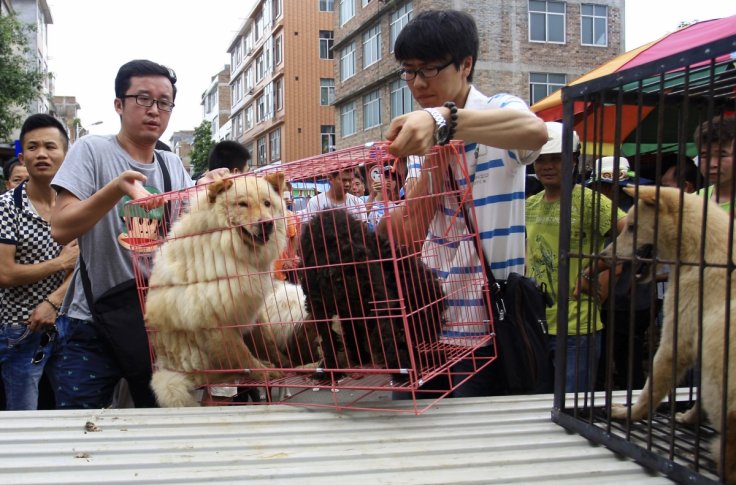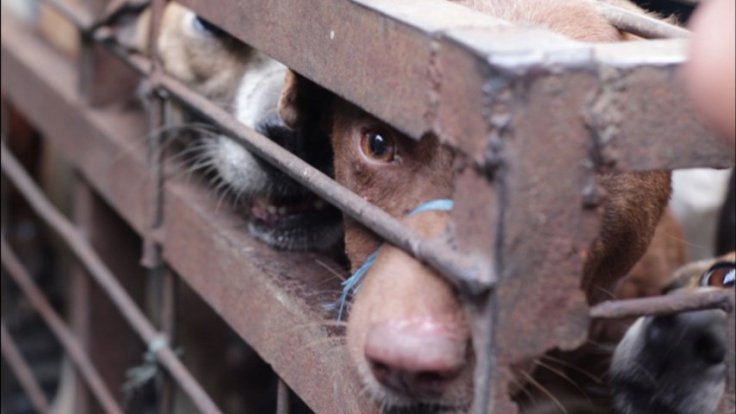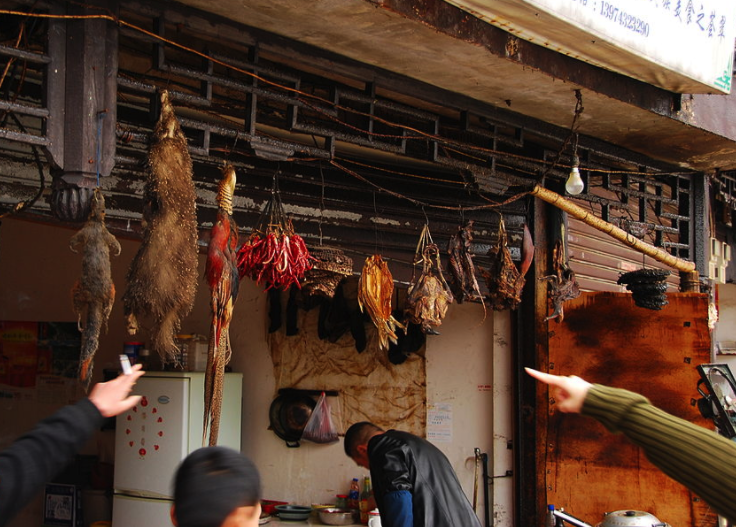In what could be dubbed as major 'game-changer' post the Coronavirus apocalypse in China, the epicentre of the fatal virus, the country moves to ban the human consumption of dog-meat. The proposal drafted by China's Ministry of Agricultural and Rural Affairs termed dogs as 'special companion animal.'
Known for its love of dog meat, China's move comes after recovering from the global pandemic which infected 1.5 million people globally and killed thousands. According to the Ministry, the policy, currently awaiting public feedback till May 8, was drafted in consultation with the central and regional government, and experts from institutes and universities.
China calls the ban progress of human civilisation

According to the Humane Society International (HSI), around 10 and 20 million dogs are butchered every year for their meat in China. According to New York Post, the Ministry of Agriculture in a notice explained: "As far as dogs are concerned, along with the progress of human civilization and the public concern and love for animal protection, dogs have been 'specialized' to become companion animals, and internationally are not considered to be livestock, and they will not be regulated as livestock in China."
Terming dogs as a 'special companion animal' the ministry removed the canine from its list of animals raised and consumed for its meat. According to the Daily Mail, the revised policy lists 18 types of 'traditional livestock', including pigs, cows, sheep, goats, horses, donkeys, camels, rabbits, chickens, ducks, geese, turkeys, pigeons and quails.
The policy also includes '13 special livestock', including sika deer, red deer, reindeer, alpacas, guinea fowls, pheasants, partridges, mallards, ostriches, minks, the American red fox, the Arctic fox and raccoon dogs, which can be raised as farm-animals and not as wildlife. However, minks, the American red fox, the Arctic fox, and raccoon dogs cannot be traded for their meat.
Animal support groups hail the move

China's annual 'Yulin Dog Meat Festival' has always remained in controversy over its inhumane treatment meted towards the dogs. Ghastly videos and images of dogs being killed, skinned alive and cooked with blowtorches before its consumption present a grim picture of the heinous festival.
Calling the move a 'game-changer moment for animal welfare in China', Wendy Higgins of Humane Society International (HSI) told The Guardian: "That signals a major shift, recognising that most people in China don't eat dogs and cats and want an end to the theft of their companion animals for a meat trade that only a small percentage of the population indulge in."
Speaking about the fact that most of the dogs are stolen instead of being raised in captive breeding facilities, Higgins said: "Not only does it cause enormous animal suffering, but it is also almost entirely fuelled by crime and, perhaps most significantly right now, poses an undeniable human health threat with the risk of diseases such as rabies and cholera."
Experts raise concern over wildlife as 'special livestock'

Following the outbreak of coronavirus, largely believed to have been originated in horseshoe bats and transferred to humans through consumption of other species sold in Wuhan's wildlife market, China had banned the trade and consumption of wild animals in the month of February.
Last month, China's Shenzhen became the first city to ban the consumption of dog and cat meat, in the wake of COVID-19. "The signal is the first ever from a ministry that dogs are not food animals. "[This] leaves the door open for local governments to follow Shenzhen's lead," Paul Littlefair, international head of the Royal Society for the Prevention of Cruelty to Animals had said.
However, listing wildlife under the special livestock category has also raised concerns from the experts. "Listing wild animals, including foxes and raccoon dogs, as 'special livestock' is concerning. Rebranding wildlife as livestock doesn't alter the fact that there are insurmountable challenges to keeping these species in farm environments, their welfare needs simply can't be met. In addition, there's clear evidence that some of these species can act as intermediate hosts of viruses, such as COVID-19, which is why we're urging China and all governments to stop trading in wildlife," said Peter Li, China Policy Specialist with HSI, while speaking to The Guardian.









